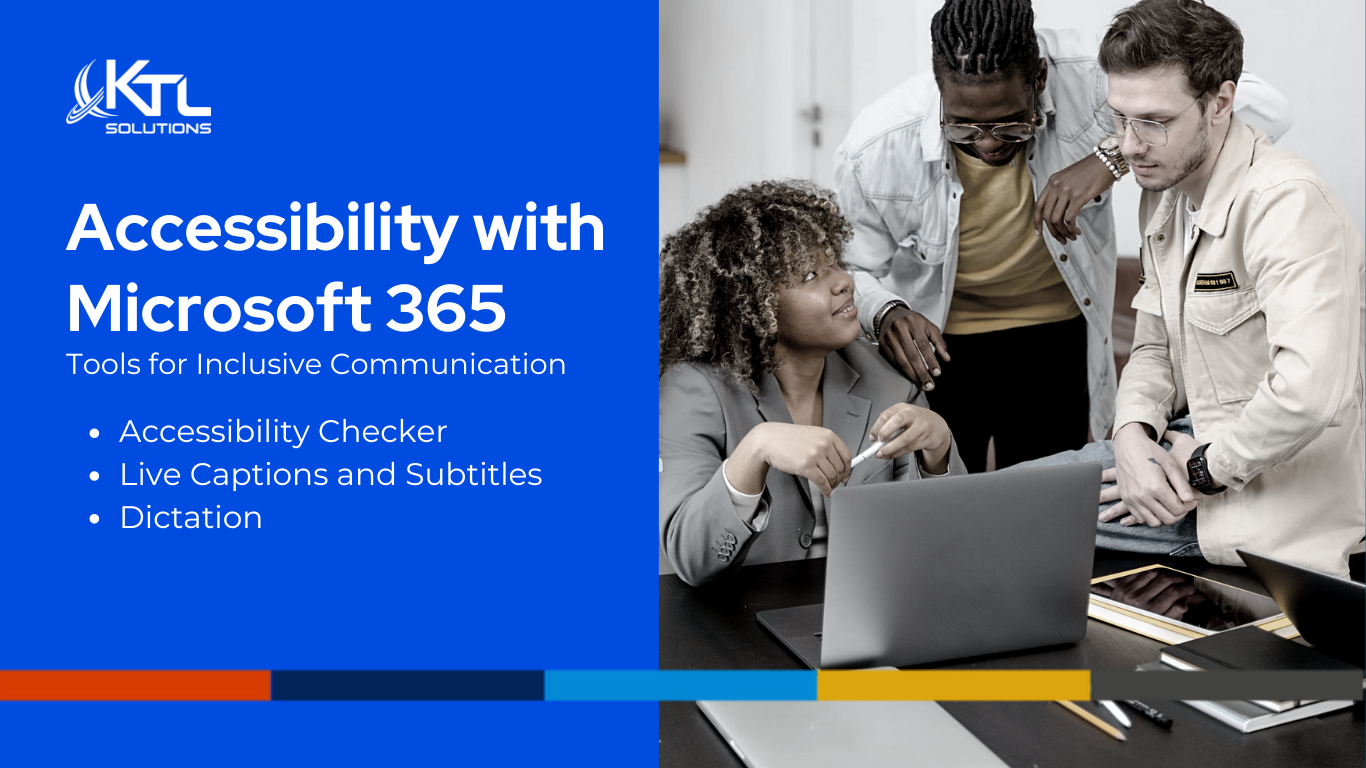As accountants the end of the year accounting is a big deal. There are a lot of factors that go into the prep to make sure that everything gets accounted for prior to closing the books for a year. The most important step to being audit ready is to be prepared. Typically the documentation requirements for audits do not change year on year so you can use your documentation from the prior year as a guideline to get started. Here are some steps that you can take to verify that you are ready to close your year as well as prepared for auditors to come in and evaluate your books.
5. Reconcile all Balance sheet accounts: This is really something that should happen each month at month end however at the end of the year is the time to take a look at the reconciling items in these accounts and make the call if anything should be moved out.
4. Evaluation of your accruals and prepaid accounts – The end of the year is a time to make sure that all the expenses for the year have been accounted for as well as expenses in the proper periods.
3. Reconcile your sub ledgers to your general ledger – Run your historical trial balance reports to verify that your sub ledgers are in balance with your year ending general ledger accounts. Make any adjustments needed.
2. Documentation –Within your engagement letter there should be documentation requirements. Pull all your documentation for the auditors in one file so that the time spent when auditors are onsite looking for documents is not wasted. Any transaction report within GP and be reproduced by going to reports / (module) / posting journal you can run a posting journal by audit trail or batch or date.
1.Have a pre audit meeting with your staff – Have a meeting with your staff to go thru how you would like to audit to be run. Remember even if you are being audited you are in control. You can set up a time line that shows the documents to pull for auditors and when it is due. Make sure that your staff knows where all the documentation is and how to access as well as how to ask for guidance on the documents that the auditors will ask to review. Audits do not typically change from year to year so you should have a good understanding going into this meeting what is going to be asked of you and your staff and be prepared.
Colleen Williams | COO, Consultant Lead
Colleen graduated with a Bachelors of Science Degree in Accounting from California State University San Bernardino. She has extensive accounting experience over the past years working as staff accounting and controller. Colleen has over 10 years Great Plains experience which includes many implementations for private companies. She also has extensive experience with Business Intelligence, budgeting and report writing while working on BI360, QuickBooks, Oracle, PeopleSoft, Timberline and Solomon. Colleen has worked in various industries that include: real estate, property management, timeshare sales, publishing and insurance. These various industries have given her the necessary experience to handle large company consolidations and report writing, budgeting and forecasting, project accounting, sales invoice processing, and fixed assets.























